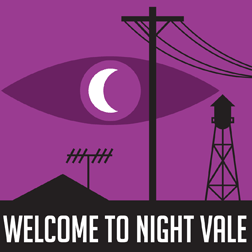Suppose it is entirely true that the employers of low-skilled workers have monopsony power over those workers. Maybe low-skilled workers aren’t informed about their other options.
Standard economic analysis would indicate that under such conditions, the minimum wage could increase employment. However, this standard analysis simplifies the labour contract down to two elements: price and quantity. In a more realistic setting, where labour contracts involve more than just the exchange of some quantity of homogeneous labour for some quantity of money, we would expect other elements of the contract to be adjusted in response to a binding minimum wage.
So what does this mean? Well, without the minimum wage, the employer would compensate his workers so as to minimize his costs for any given level of compensation. He would offer a total compensation package such that the marginal cost of adjusting any element of the package would be equal to the marginal benefit to the employee of adjusting that element of the package. This would minimize the employer’s costs. With a binding minimum wage, the employer is obligated to offer a greater proportion of compensation in cash, so the marginal value of adjusting some other elements of the total compensation package must be higher than the marginal cost of doing so (e.g. the employee would forego $1.50 for $1.00 of additional on-the-job training from his employer). Thus it is more costly to offer any given amount of compensation to employees under a binding minimum wage, and even a monopsonist would reduce his employment of low-skilled labourers!
If we suppose that the other elements of total compensation can only adjust a limited amount, then once they have adjusted to the fullest extent possible (i.e. there is no on-the-job training, workers are worked as hard as they possibly can be, there are no employee benefits, etc.) further increases in the minimum wage will indeed increase total compensation and therefore employment. However, it is ambiguous at this point whether this increase can increase employment above where it would have been with no minimum whatsoever, as the costs of compensating workers are higher than they were before. To be sure, the government could regulate all elements of employee compensation to counteract this effect, but such regulations are costly to administer, so the costs of administration and compliance could easily exceed the benefits of correcting the market failure generated by a monopsony in the market for low-skilled labour.
The post Monopsony and the Minimum Wage appeared first on The Economics Detective.
